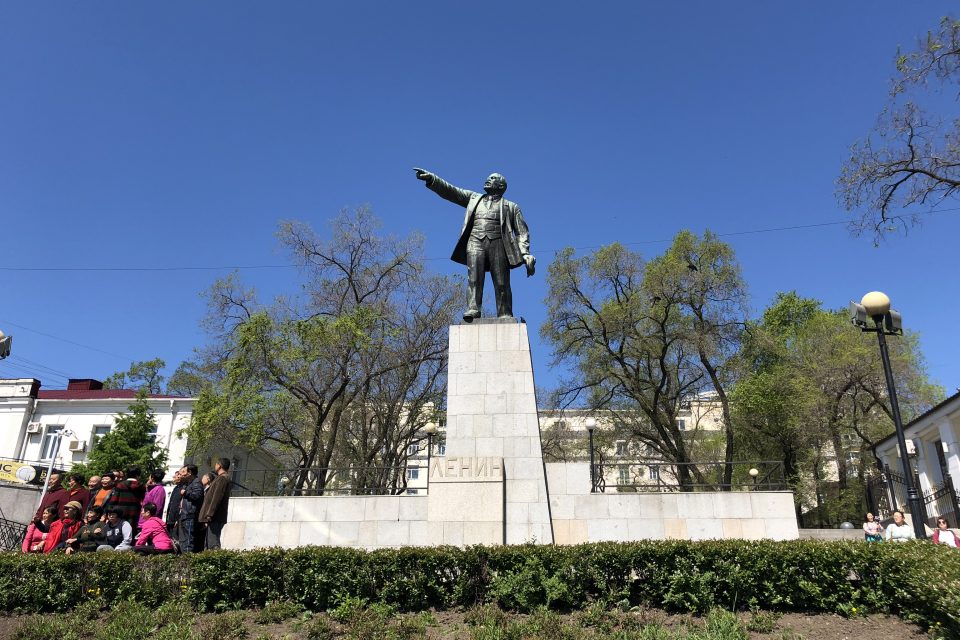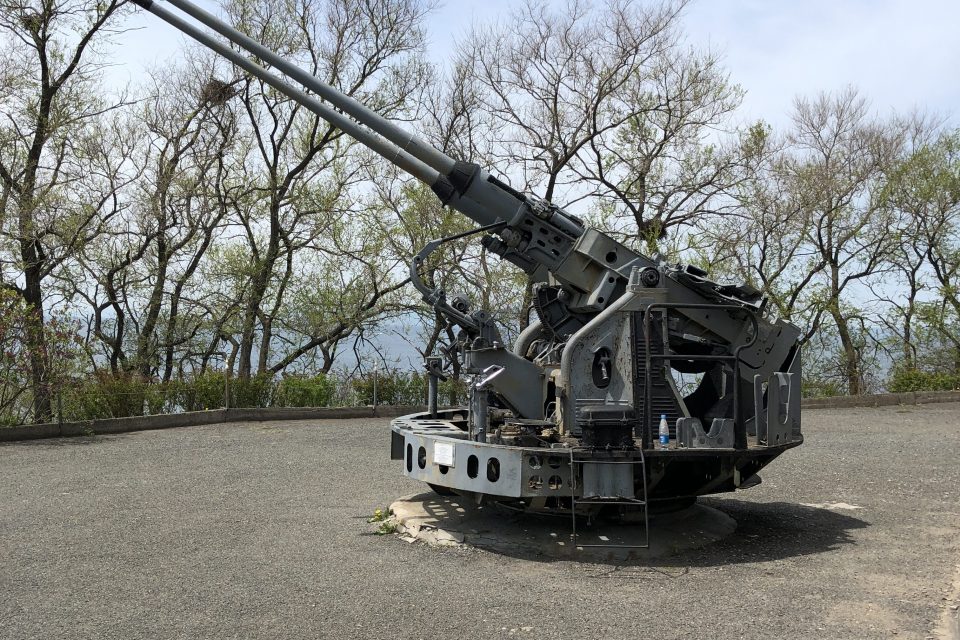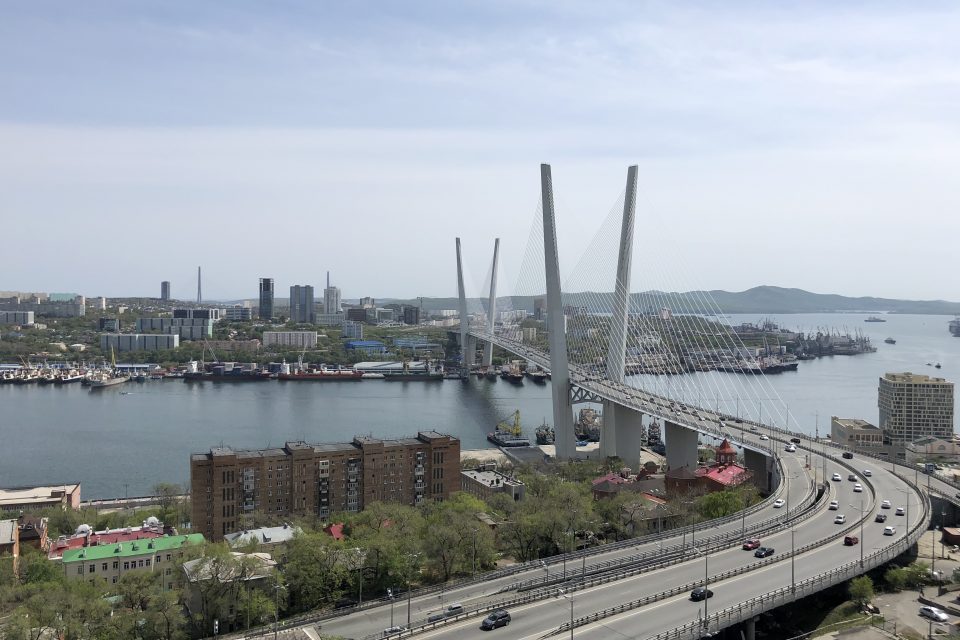By Lucas Bertolo
Kim Jong-un arrived this Wednesday in Vladivostok on his armored train. It is his first time in his northern neighbor since he took power eight years ago.
It is going to be also his first meeting with Vladimir Putin.
The summit will take place at the Far Eastern Federal University, at its new campus on Russky Island, where the new, open, and international Vladivostok, is being built since the preparations for the APEC (Asia-Pacific Economic Cooperation) summit in 2012.
The North-Korea’s “dear leader” (or dictator) had also arrived on his armoured train in Hanoi, Vietnam, for his meeting with Donald Trump in late February this year, travelling over 2,800 miles.
This month’s trip from Pyongyang to Vladivostok was not that long: the distance between the two cities is less than 450 miles. Most of the Korean railways were built during the Japanese occupation, which ended in 1945. The Russian Empire finished the Trans-Siberian Express before the Bolshevik Revolution broke out in the West of Russia.
Vladivostok, which stands for “The Ruler of The East” in Russian, was no more open during Soviet times than North-Korea is nowadays. Conquered from the Chinese in the late XIX century, the hilly city by the Sea of Japan still is Russia’s most important Eastern military port. Under Soviet rule the city was even closed for USSR citizens: the home of the Soviet Pacific Fleet only welcomed officials and their families.
Today, the city has more than 550,000 inhabitants, and welcomes people from all over the world (with a large majority of South-Korean and Chinese tourists). A statue of Lenin still stands near the seashore in Vladivostok, surrounded by shopping centers with shiny billboards written both in Russian, in Korean and in Chinese.
The city’s strategical position is today even more relevant, and Putin knows it better than anyone. Although more than 5,500 miles (and seven time zones) between Moscow and Vladivostok still presents the Russians with the problem maintaining their influence in the region.
The city of Vladivostok was erected in the very fissure between West and East.
The Soviet epoch buildings contrast with new business towers and high-end residential buildings, and the enclosed city of the last century now thrives on business with its Asian neighbors. The Russky Bridge, the longest of its kind in the world, and all the new facilities built in the Russky Island for the APEC, underscore the attention and care of Moscow to the region.
In Vladivostok, some cars drive on the left side of the road, like the Japanese, others drive on the right, like the Korean, European and Russians. Students often choose Chinese or Korean as their second language.
The majority of the locals might have been to Beijing or Seoul, but have never crossed the Urals West. The only neighbor they obviously don’t interact much with is the North-Korean people. Besides that, most of them share Russian traditions, and are proud of being Far Eastern Russians.
The tensions involving North-Korea missile tests predate Kim Jong-un’s regime: both Kim Il-Sung, his grandfather, and Kim Jong-il, his father, tested together 31 missiles since 1984. In the last eight years, however, Kim Jong-un tested 80 missiles, and fired some of them onto the Sea of Japan.
North Korea’s army is disproportionally large for such a poor and small country (yet, it does not compare to the American and Russian armies). Pyongyang’s regime stoked these tensions with their neighbors South Korea and Japan, and by threatening the West (most notably the United States).
In Hanoi, two months ago, Kim Jong-un and Donald Trump seemed to have ended their honeymoon.
No relevant agreements were made, and it seems Kim is back at playing with his rockets.
After the dissolution of the Soviet Union, Russian influence over North-Korea decreased significantly.
Putin is now entering into this dispute with both feet.
North-Korea depends hugely on their giant neighbor China, both politically and economically.
This ever-growing Chinese influence must worry both Putin and Trump.
This Thursday another chapter of this “nuclear tension” will unfold, and while the West worries about Kim’s weapons, he is meeting in two months the two largest nuclear powers in the world, and if Kim Jong-un is unpredictable, so too are Trump and Putin.
Lucas Bertolo is the Brazilian assistant to Professor Kenneth Maxwell.
These photos were shot by him during his visit to Vladivostok last May.





